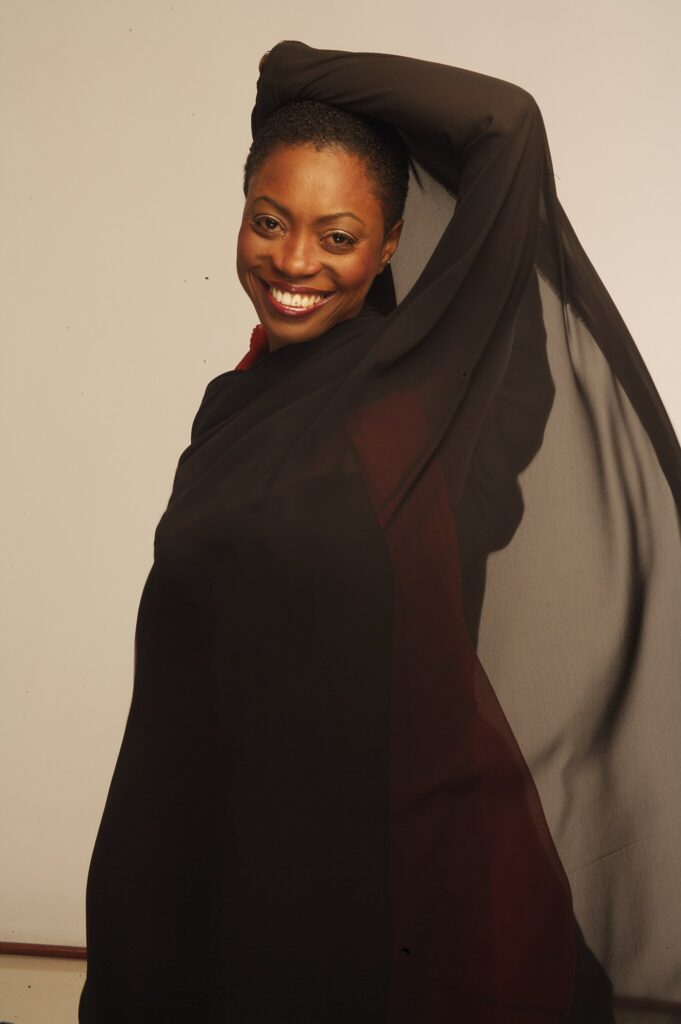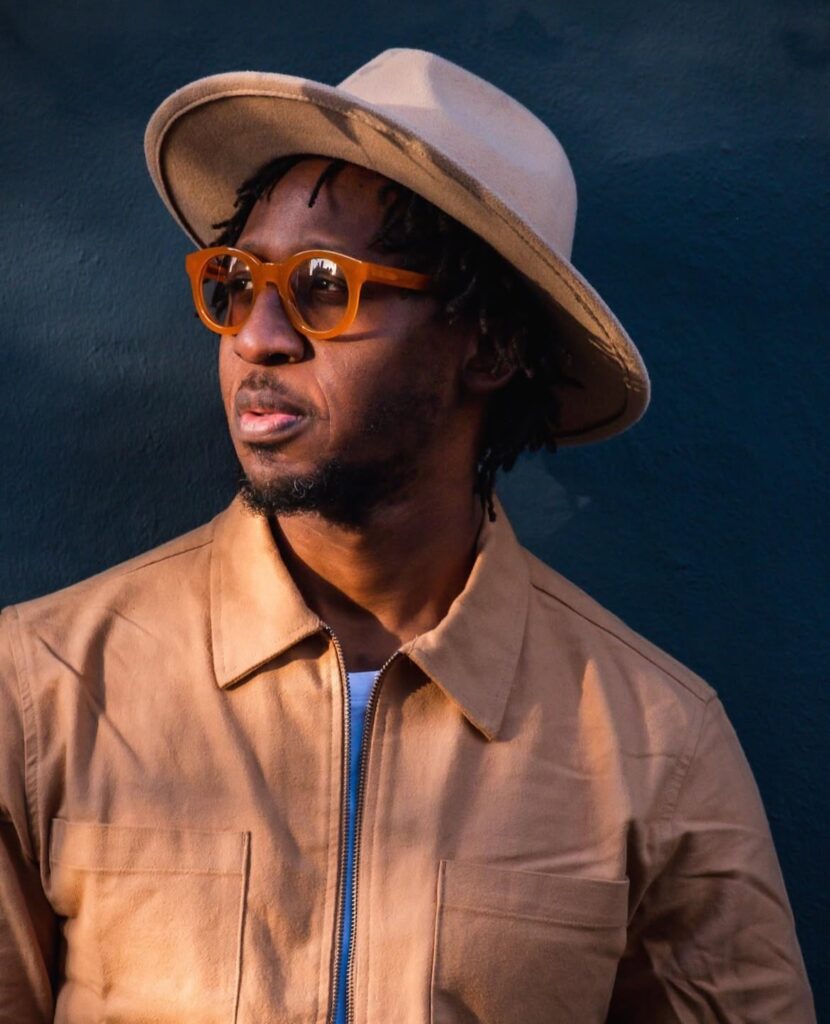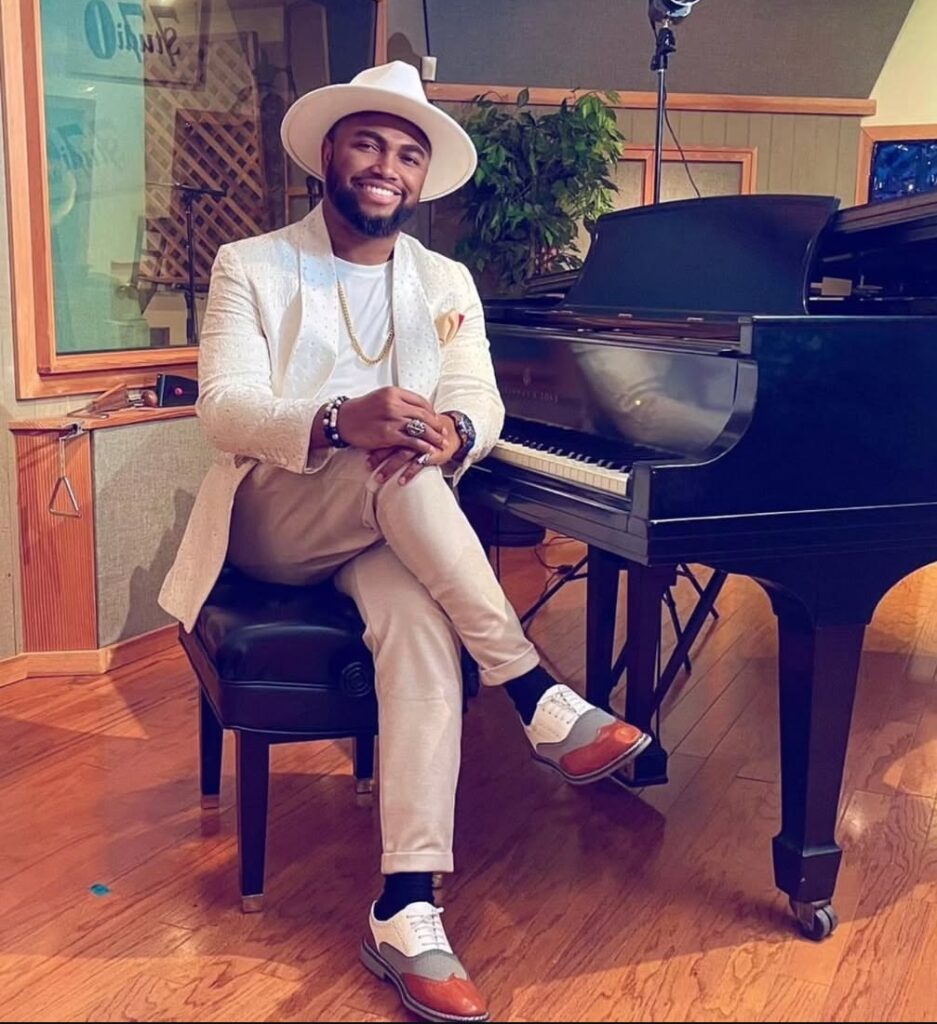Jazz isn’t just music; it’s an attitude, a force for peace, creativity, and cross-cultural dialogue. In Nigeria, a country known for its diverse sonic heritage, jazz kings and queens have quietly carved a unique space, blending traditional African elements with improvisational freedom and urban sophistication.
Jazz Kings & Queens in the Nigerian Soundscape
The Unsung Trailblazers

While Afrobeats has claimed the global spotlight, jazz in Nigeria has been the quiet revolution happening in cozy lounges, smoky studios, and cultural festivals. From Lagos to Abuja, an emerging wave of musicians are weaving saxophones, guitars, pianos, and percussions into soulful compositions that echo both heritage and experimentation.
Kings & Queens Of Jazz

Jazz has often been a male-dominated space, but Nigeria is witnessing a growing number of female artists commanding the stage. Think of Diana Bada, whose Afro-jazz blends soul, funk, and spoken word, or Tosin Alao, a multi-instrumentalist bridging gospel and jazz traditions. These women are not only performers but also cultural curators, pushing boundaries and bringing more diverse stories into the jazz narrative.
Modern Influence and Global Recognition

Nigerian jazz artists are gradually gaining global attention. Collaborations with international acts, performances at global festivals, and appearances on streaming platforms have helped amplify these voices. Jazz festivals like the Lagos International Jazz Festival are further creating platforms for this genre to shine within and beyond the country’s borders.
Why It Matters

In the busy times we’ve found ourselves, jazz offers a moment to pause, reflect, and connect. It invites us to listen deeply, connect to history, identity, and emotions. As Nigeria continues to evolve culturally, the revival and recognition of jazz serve as a testament to the country’s multifaceted artistry and global relevance.
Final Note

On this International Jazz Day, we tip our hats to Nigeria’s jazz virtuosos—past, present, and emerging. Their craft is not only keeping jazz alive in the Nigerian consciousness, but also elevating it as a dynamic force in our cultural storytelling. Jazz in Nigeria isn’t just music; it’s a feeling, a movement, and most importantly, a legacy in motion.
